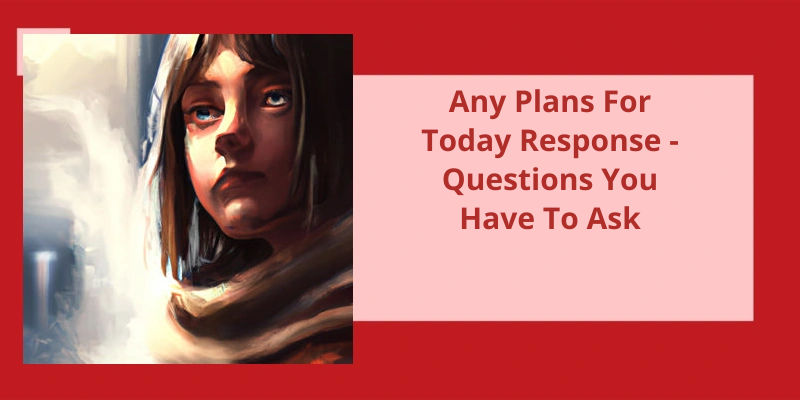How Do You Ask if Someone Has Plans Tonight?
If you’re curious about someones schedule for the evening and want to ask if they’ve plans, there are a few different ways to phrase the question. One option could be, “What’re your plans for tonight?”. This straightforward approach allows the person to share their agenda freely and openly. This question is more direct and prompts the individual to disclose whether they’ve any commitments later in the day.
Remember, when inquiring about someones plans for the evening, it’s important to be respectful and understanding if they prefer not to disclose or aren’t available. Being considerate of their boundaries will help foster a positive and respectful conversation.
Asking about someone’s plans for the next day can be done in different ways, but two common and acceptable options are “What’s the plan for tomorrow?” and “Got any plans for tomorrow?” These informal phrases serve the purpose of inquiring about someone’s activities for the upcoming day. However, “What’s the plan for tomorrow” is considered a more straightforward approach, explicitly asking the person to share their scheduled activities for the next day.
How Do You Ask Someone About Tomorrow’s Plans?
If you want to ask someone about their plans for tomorrow, you can use either the phrase “Whats the plan for tomorrow?” or “Got any plans for tomorrow?”. Both of these phrases are informal and commonly used in everyday conversations. They’re both correct and convey the same meaning.
By asking “Whats the plan for tomorrow?”, you’re directly asking the person to share their plans for the next day. This phrase implies that you’re interested in knowing what they’ve scheduled or what activities they’ve planned for tomorrow. It’s a straightforward and direct way of asking the question.
This phrase is slightly more casual and may sound more conversational.
Both of these phrases can be used with friends, family, colleagues, or acquaintances. They’re suitable for various social settings and can be used in both formal and informal situations. However, it’s always important to be respectful and consider the context in which you’re asking the question, as some people may not feel comfortable sharing their plans.
Do We Have Any Plan or Plans?
When someone asks if you’ve any plans for today, it implies that you might have multiple activities or tasks in mind. It could be a range of things, like catching up on chores, running errands, meeting friends, or pursuing personal hobbies. While having a specific plan can help you prioritize and organize your day, having multiple options allows you the flexibility to adapt and choose based on your mood, energy levels, and external factors. It’s always beneficial to have a plan or plans in mind, but it’s equally important to be open to unexpected opportunities or changes that may come your way during the day.
If you’ve a list of plans, it might be helpful to evaluate their feasibility, time commitments, and priorities. Ask yourself questions like: which plans are essential and which ones can be postponed? Are there any specific deadlines or time constraints that need to be considered? Do you’ve all the resources or information needed to accomplish these plans? By asking these questions, you can better assess the feasibility and prioritize your different plans for the day.
Additionally, it could be valuable to evaluate the potential outcomes or benefits of each plan. Are there any plans that align with your long-term goals or personal aspirations? Are there any activities that bring you joy, relaxation, or personal growth? Reflecting on these aspects can help you make informed decisions about which plans to pursue and which ones to let go of.
Remember, having a plan or plans isn’t about overloading yourself with a busy schedule, but rather about being intentional with your time and actively working towards achieving your goals or fulfilling your responsibilities. So, whether you’ve a single plan or multiple plans for today, make sure they align with your values and contribute positively to your overall well-being.
Source: Is it okay to say, ‘Do you’ve any plan for the weekend?’ or …
Conclusion
In conclusion, when it comes to responding to the question "Any plans for today?", it’s important to ask meaningful and engaging questions to further the conversation and show genuine interest in the other person's activities. By asking about their goals, interests, and preferences, we can create more meaningful connections and build stronger relationships. So, instead of simply listing our plans, let's focus on asking questions that can help us understand and connect with each other on a deeper level.






